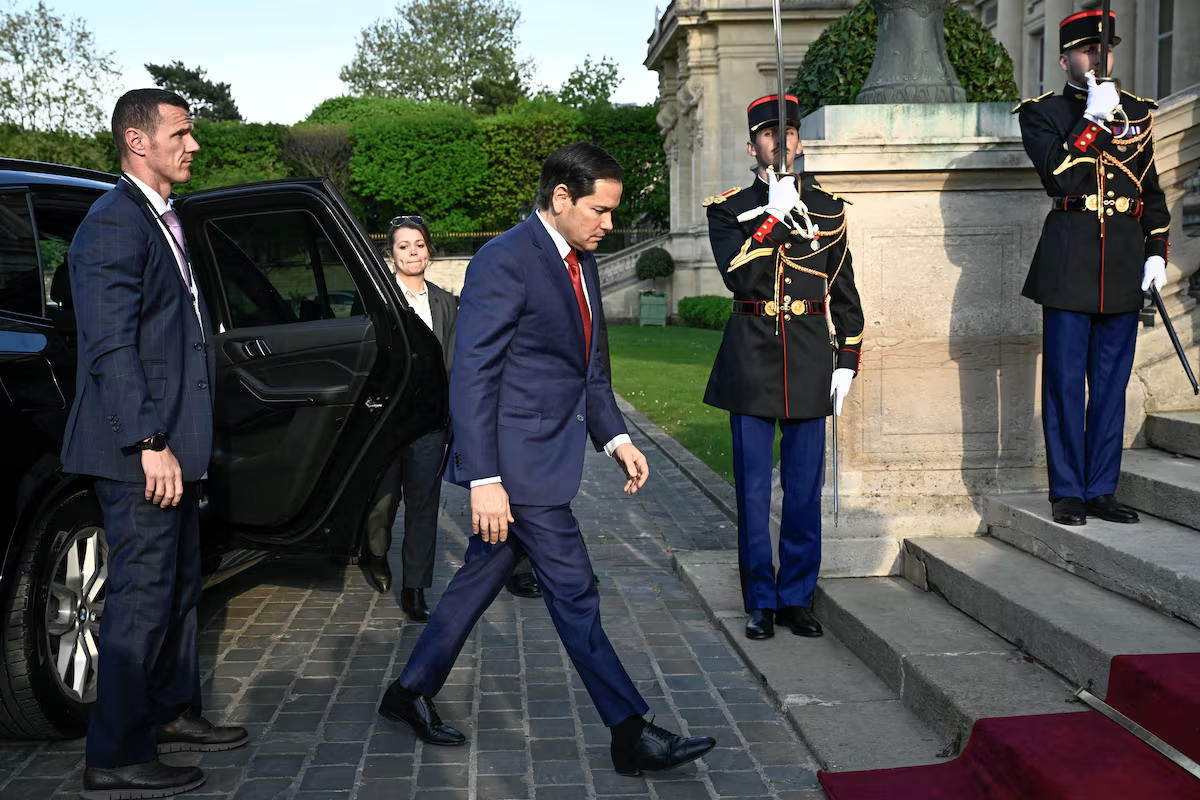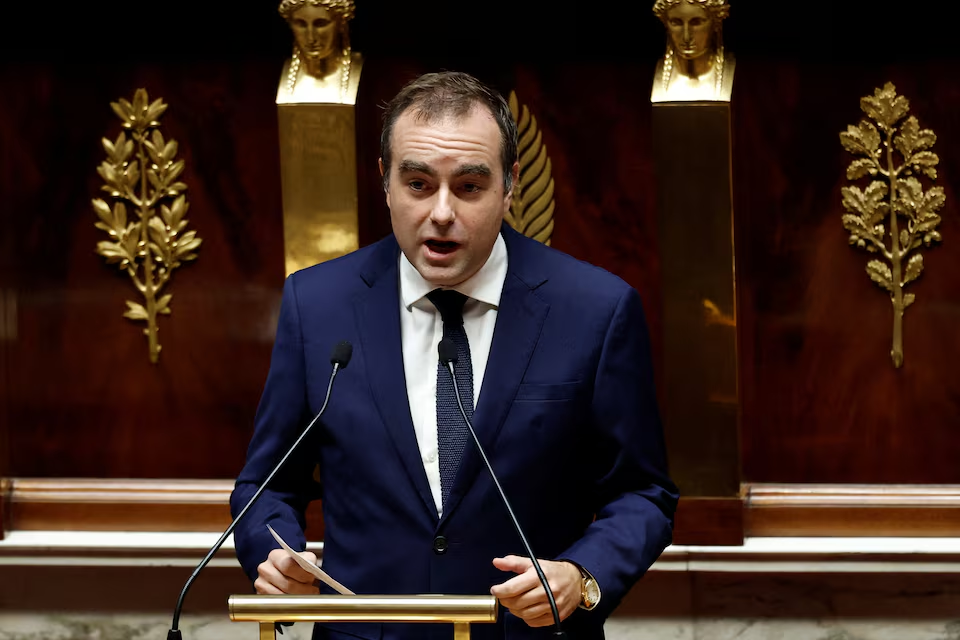Trump Administration Issues Ultimatum for Peace Talks to End Russia-Ukraine War
According to a Reuters report, U.S. Secretary of State Marco Rubio stated in a press briefing in Paris on Friday, “The United States may halt its efforts to mediate peace talks to end the Russia-Ukraine war within days if there is no visible progress.”
Trump Administration Issues Ultimatum for Peace Talks to End Russia-Ukraine War
Trump Administration Issues Ultimatum for Peace Talks to End Russia-Ukraine War
Paris, April 18
According to a Reuters report, U.S. Secretary of State Marco Rubio stated in a press briefing in Paris on Friday, “The United States may halt its efforts to mediate peace talks to end the Russia-Ukraine war within days if there is no visible progress.”
Rubio said, “We cannot continue this effort week after week, month after month. Now we need to decide very quickly—I'm saying within days—whether these talks are viable. If it becomes clear that the two sides are too far apart to reach a compromise, then President Trump will say, ‘We stop here.’”
So far, there has been no official response from Paris, London, Berlin, or Kyiv regarding Rubio’s remarks. However, three European diplomatic sources told Reuters that frustration is growing in the White House over the slow pace of the peace process, particularly due to Russia’s rigid stance.
Kremlin spokesman Dmitry Peskov stated that some progress has been made, but communication with the United States remains complicated. He emphasized that Russia wants the war to end in a way that secures its interests and that it is still interested in dialogue.
Meanwhile, the U.S. has indicated that there has been some progress with Ukraine. President Trump said he expects to sign an agreement related to mineral resources with Kyiv next week.
On Thursday in Paris, the first high-level peace talks organized by the Trump administration with participation from European countries took place. Rubio said the U.S.-proposed peace framework received an “encouraging response.” The office of Ukrainian President Volodymyr Zelensky described the talks as “constructive and positive.”
White House Frustration and Deadline Pressure on Talks
President Trump had promised during his election campaign that he would end the Ukraine war on his first day in office. After assuming office, he later stated that a settlement might be possible by April or May.
A partial ceasefire had been achieved through U.S.-mediated talks in Saudi Arabia, but it did not bring lasting peace. Recently, a Russian missile strike in the northeastern Ukrainian city of Sumy killed 35 people, which Trump described as a “mistake.”
Rubio also said he spoke with Russian Foreign Minister Sergey Lavrov and presented aspects of the peace proposal.
President Vladimir Putin is demanding that Ukraine abandon its aspiration to join NATO, that four occupied regions be fully recognized as under Russian control, and that Ukraine’s military size be limited. Kyiv considers these terms tantamount to surrender.
Rubio added that European sanctions could become a major obstacle to peace talks. He stated, “Europe has a central role in this matter, especially since the U.S. does not control European sanctions.”
He further said, “Implementing a peace deal will be difficult, but we need to quickly determine if it is possible. We must now understand how far apart we are. Because if it’s not realistic, we can’t move forward.”










